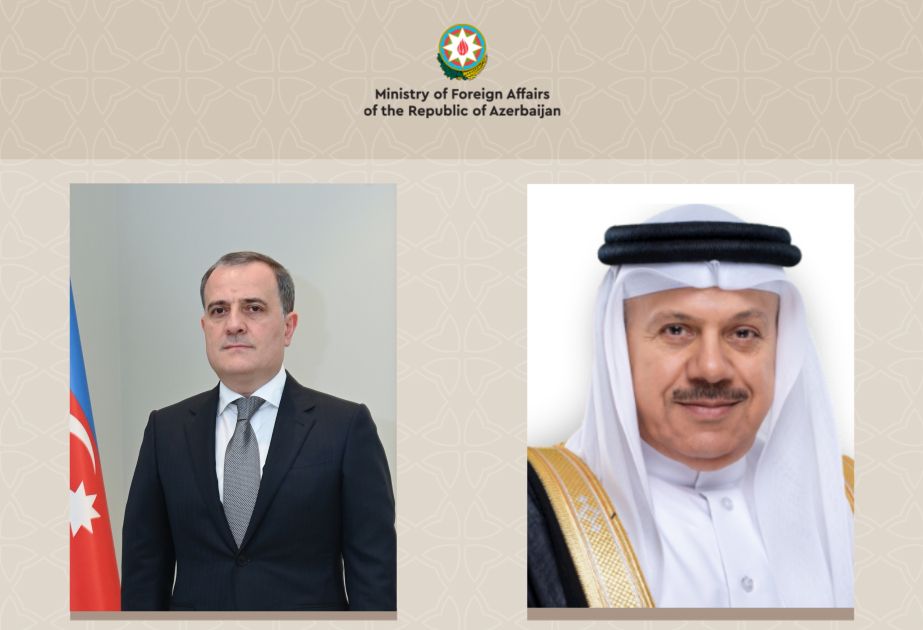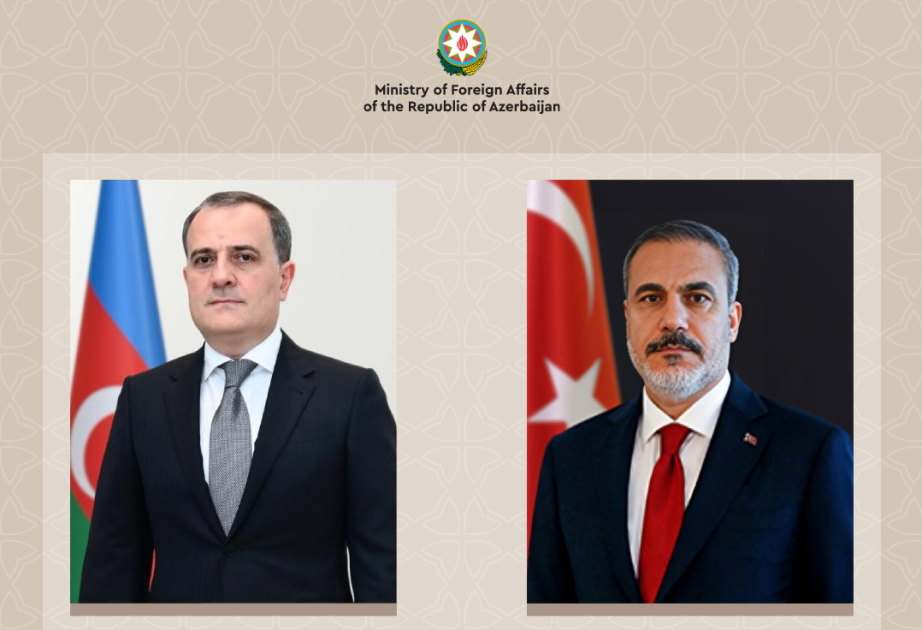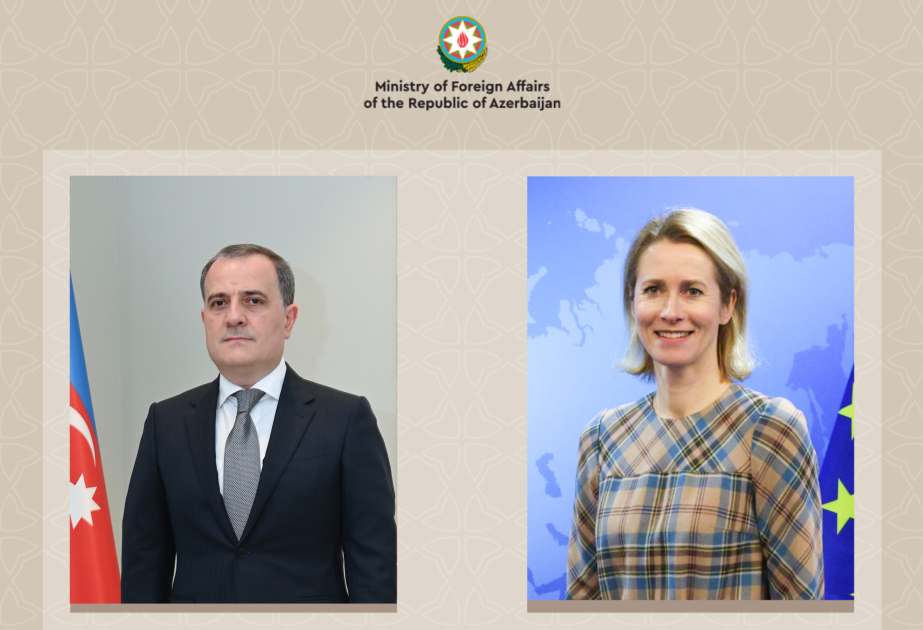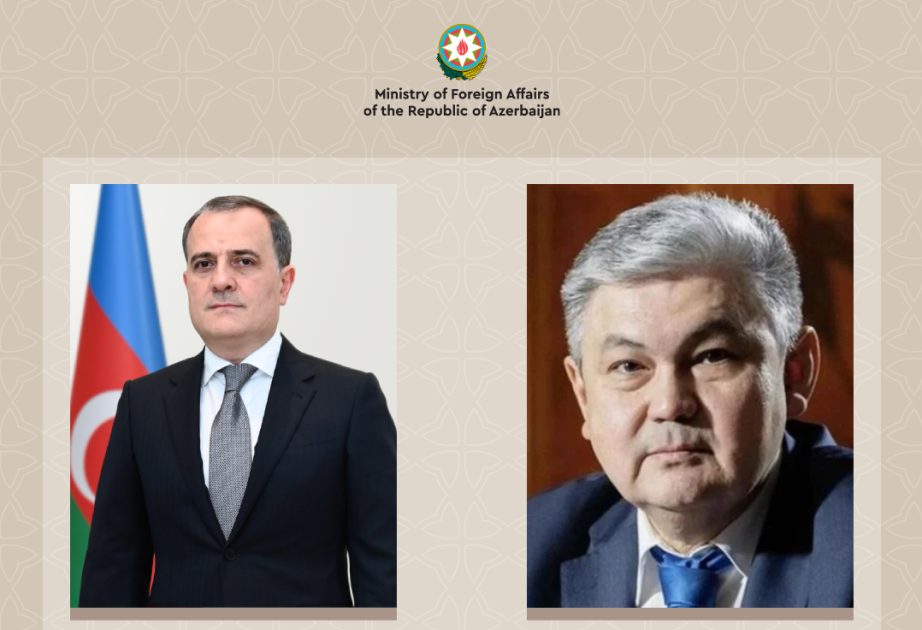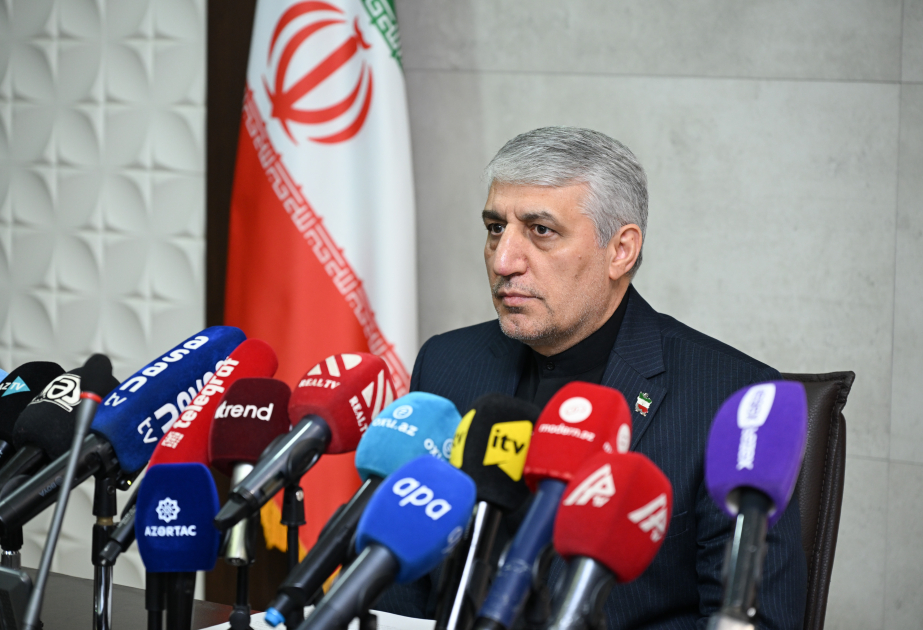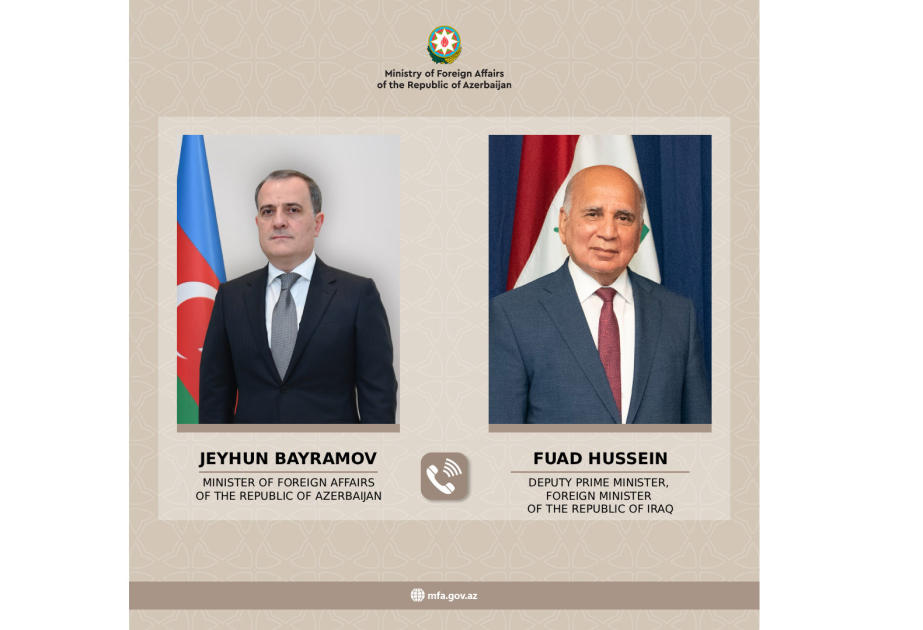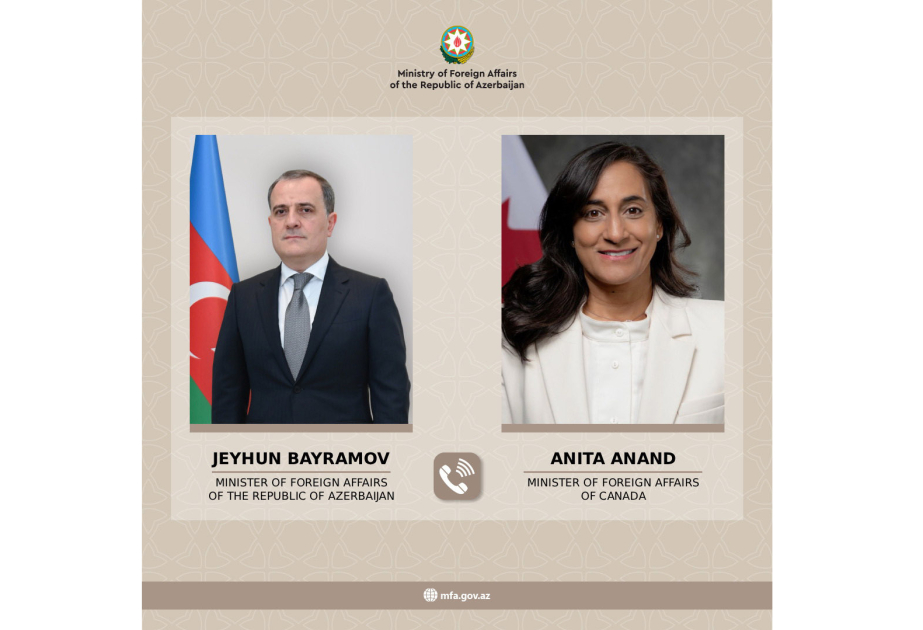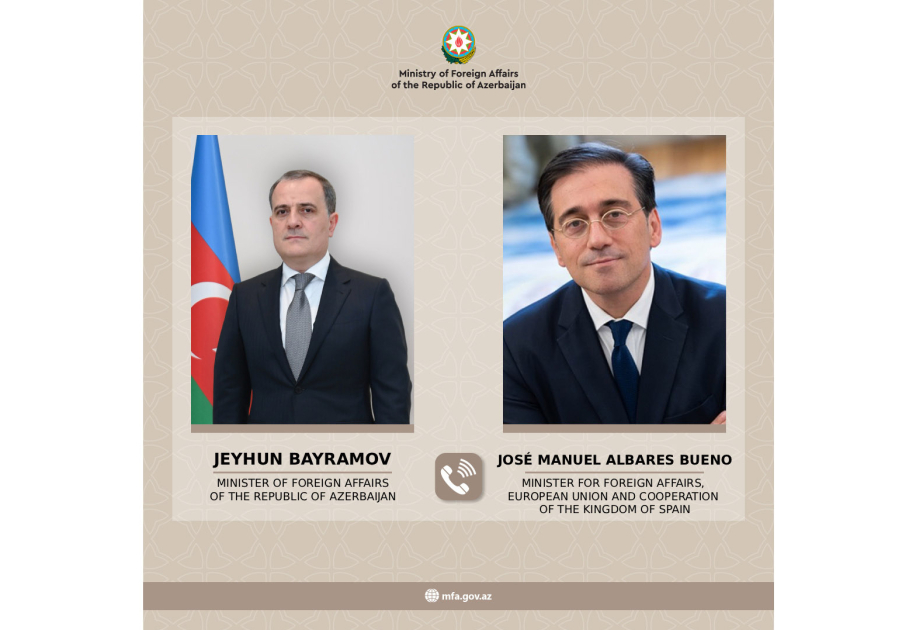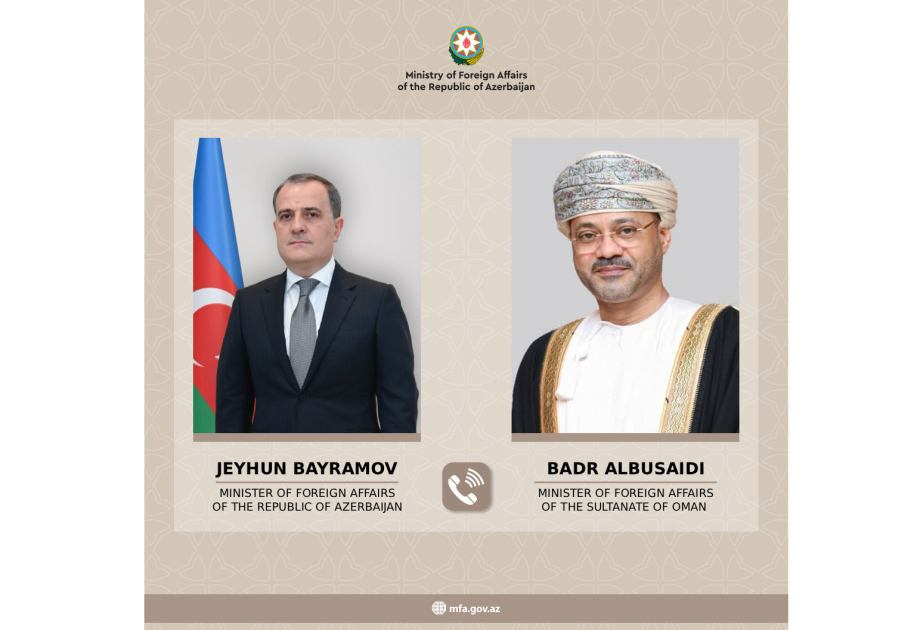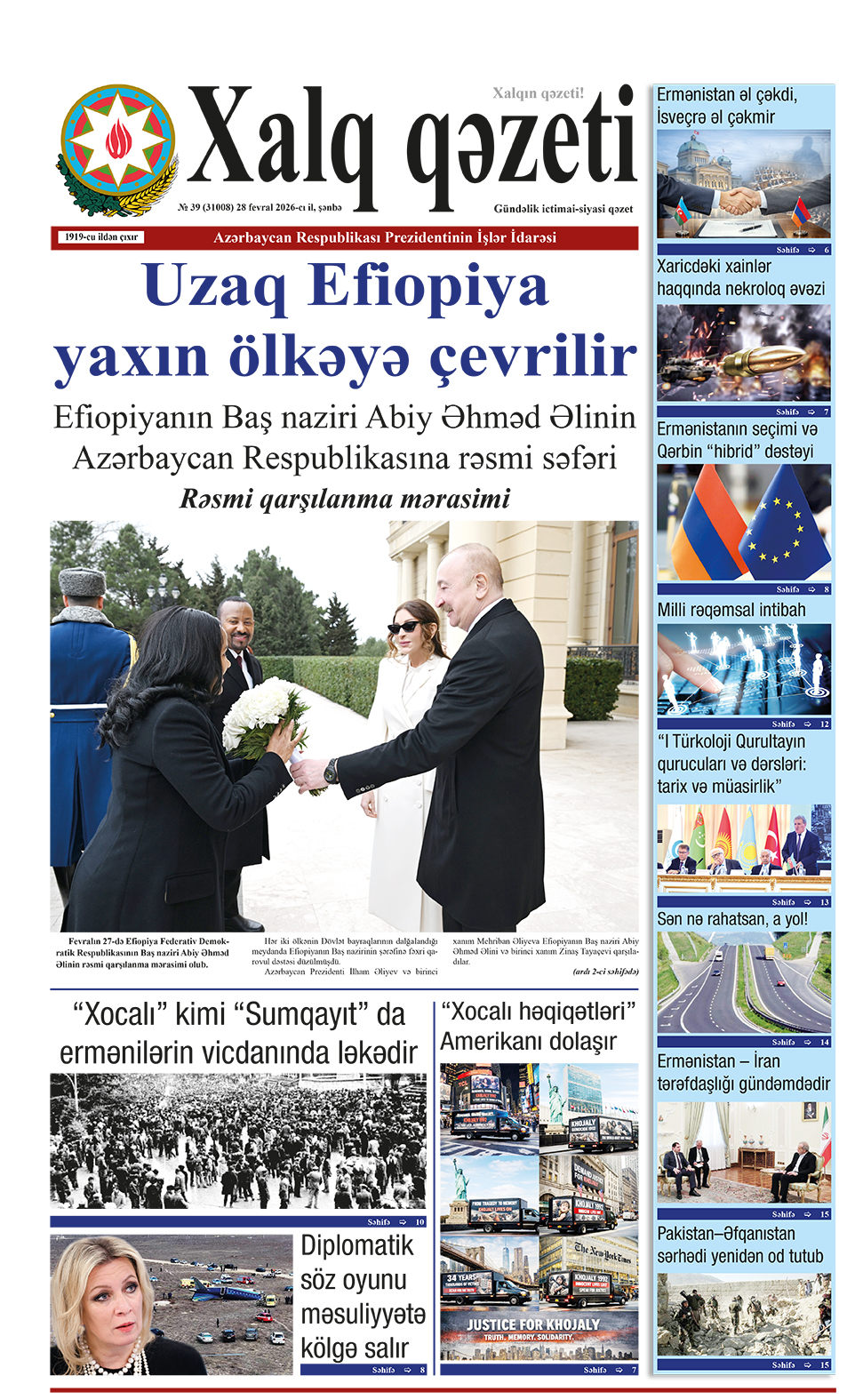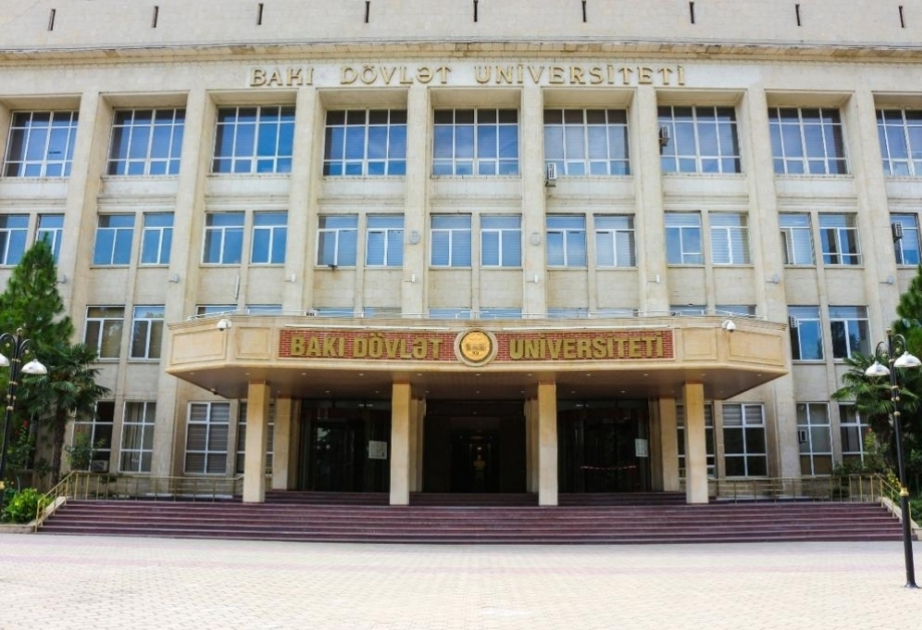This project of Modi is against China's "One Belt, One Road".
Indian Prime Minister Narendra Modi visited the United Arab Emirates (UAE) and the parties signed an agreement on the establishment of the India-Middle East-Europe Economic Corridor. The new project, which will accelerate the transit of goods from Asia to Europe, is considered a rival to China's "One Belt, One Road" initiative. In addition, Narendra Modi attended the inauguration of the first Hindu temple in the Middle East in Abu Dhabi. Experts say that ahead of India's general elections in April, Narendra Modi, who has been re-elected for a third term, is trying to score points in the Middle East as the patron of the "Hindu world".
Indian Prime Minister Narendra Modi's two-day visit to the UAE was the seventh. At the airport, Narendra Modi, who was personally welcomed by the President of the UAE, Mohammed bin Zayed Al Nahyan, said that he feels at home in Abu Dhabi. This is not accidental, because many Indians live in the nine million UAE. Calling the UAE president a "brother", the Indian leader said he would be "happy to sign a long-term investment agreement and develop relations between the two countries in all fields."
Relations with the UAE are of particular importance to Narendra Modi, despite the strained attitude towards India in the Muslim world over the conflict with Pakistan and accusations that the nationalist Bharatiya Janata Party government is oppressing Indian Muslims. N. Modi, who visited the UAE for the first time in 2015, became the first Indian leader to visit the country in the last 34 years. Currently, India is the largest buyer of UAE oil and is considering the possibility of buying liquefied natural gas from this country. The free trade agreement signed in 2022 envisages the increase of bilateral trade from the current 50 billion dollars to 100 billion dollars.
According to reports, one of the main results of N. Modi's visit to the UAE was the signing of a framework agreement on joint work on the India-Middle East-Europe economic corridor project announced by the Indian Ministry of Foreign Affairs. The text of the agreement is not disclosed, but Indian media reports that the India-Middle East-Europe economic corridor project was presented in September 2023 as part of the G20 summit chaired by New Delhi. This large-scale project is designed to connect rail lines and sea routes from India to Europe via the UAE, Saudi Arabia, Jordan and Israel. According to claims, this road will lead to faster and easier transit of goods from one continent to another. This initiative is seen as an alternative to China's "One Belt One Road" project, which India's New Delhi has boycotted. However, the realization of this corridor, which will connect the India-Pacific Ocean with the Middle East and Europe, is questioned due to its cost and complexity. According to political commentators, on the eve of the general elections scheduled to be held in April in India, Narendra Modi, who was elected for a third term, wants to score points on a visit to the Persian Gulf countries. BAPS Sri Swaminarayan Mandir, the first Hindu temple in the Middle East, was inaugurated as part of the Harmony Festival's religious and cultural events while in Abu Dhabi on Wednesday. Built of pink sandstone, the Hindu temple covers an area of no less than 11 hectares.
Its construction began in February 2018 after the permission of the President of the UAE, Mohammed bin Zayed Al Nahyan. The estimated cost of the construction work is 95 million US dollars. Decorated with traditional stone sculptures. There are already small Hindu temples in the UAE. Although the country has only 1 million citizens, about 9 million residents of the UAE are expatriates, who make up the majority of the country's workforce. "This is a symbol of mutual love between Indians and Arabs," N. Modi said at the opening ceremony of the temple. But many of Modi's critics, both in India and abroad, point to increased religious polarization in the country under his rule, with India's Muslim minority further marginalized and subjected to violence.
Mass protests by farmers have resumed in India after a three-year hiatus, as Narendra Modi sets out to strengthen his position in the country's strategically important Middle East region ahead of elections. When N. Modi arrived in Abu Dhabi on Tuesday, the Indian capital was besieged for several hours. Nevertheless, N. Modi did not postpone his foreign trip, he visited Arab countries in pursuit of political points.
S. ELAY
XQ




